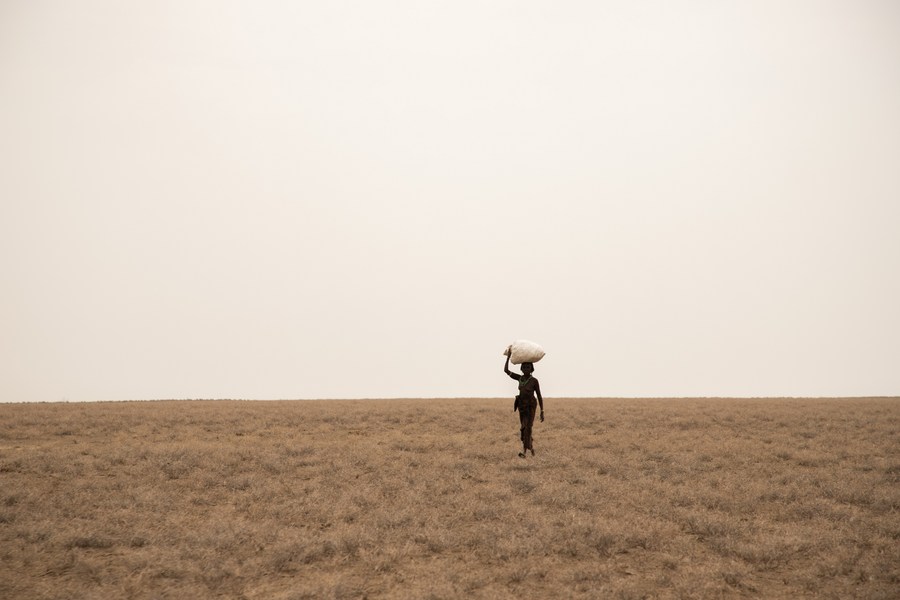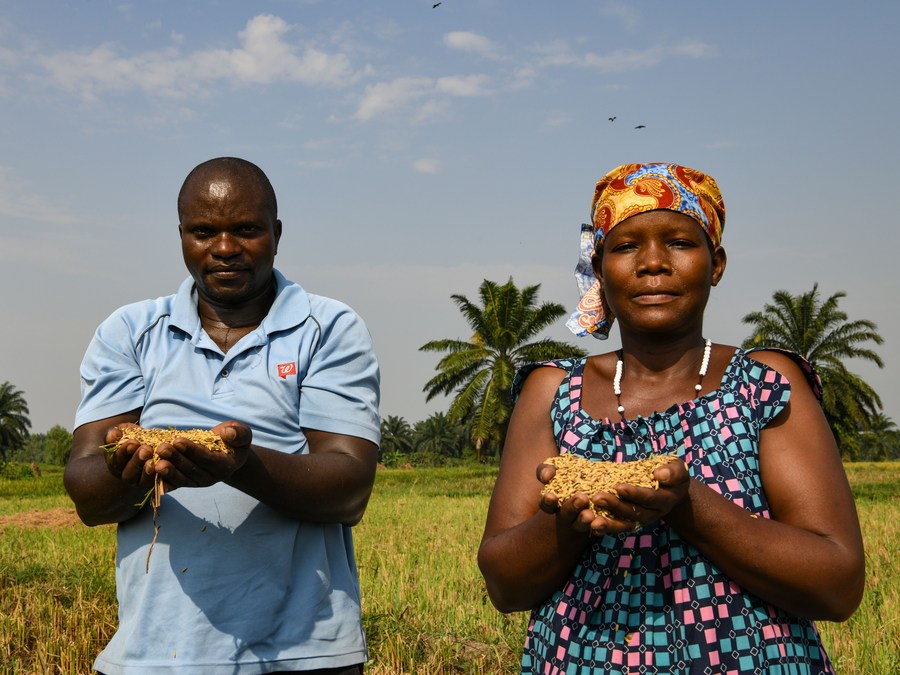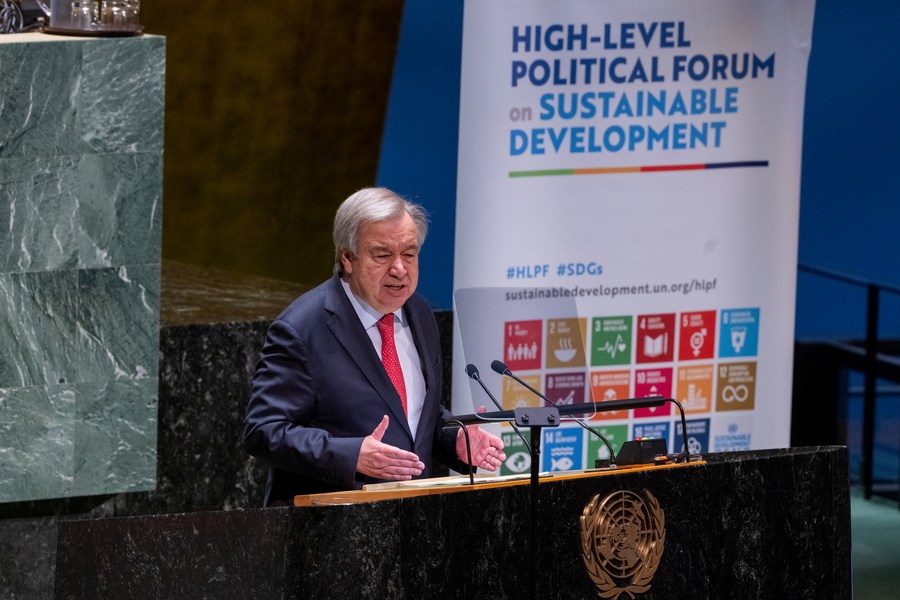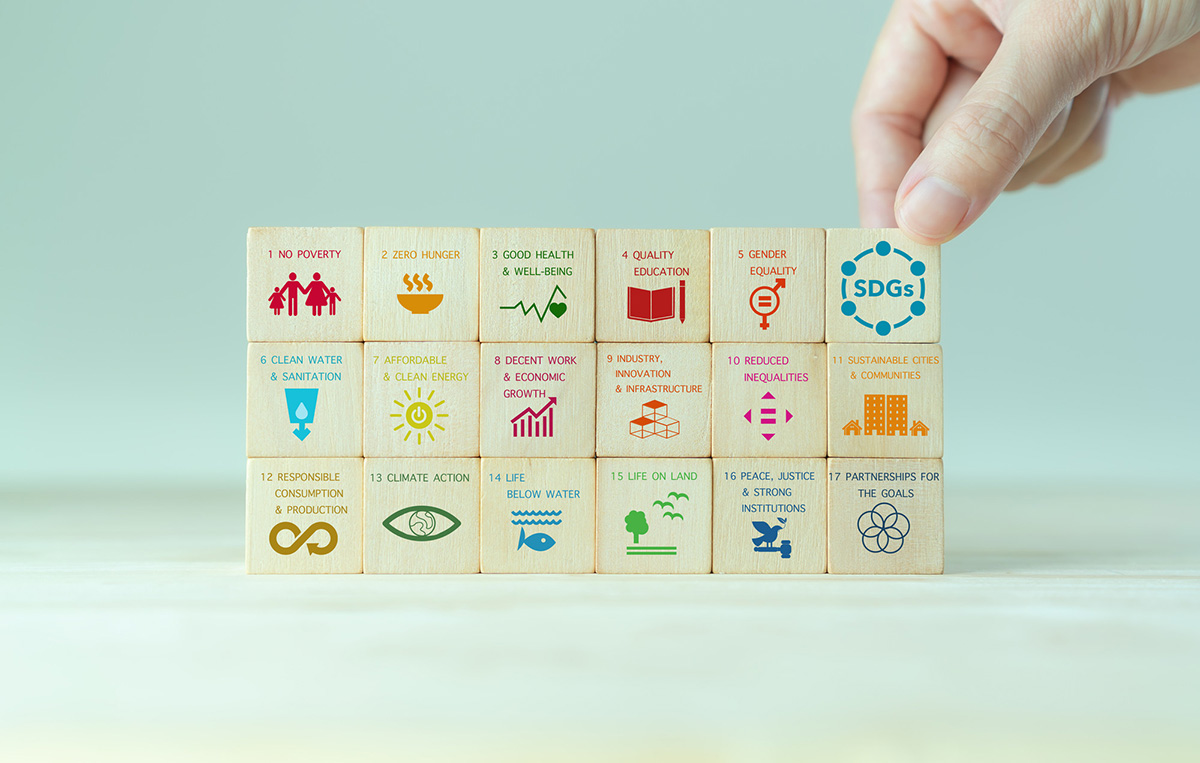UN Secretary-General Antonio Guterres speaks during the opening of the Ministerial Segment of the High-Level Political Forum on Sustainable Development at the UN headquarters in New York on July 17, 2023. (Eskinder Debebe/UN Photo/Handout via Xinhua)
Regional cooperation and game-changing initiatives are vital to building resilience against future shocks and delivering on the United Nation’s 2030 Agenda.
UNITED NATIONS, July 18 (Xinhua) — Regional cooperation and game-changing initiatives are vital to building resilience against future shocks and delivering on the United Nation’s 2030 Agenda, speakers told a UN forum on Wednesday.
Convened under the theme “Accelerating the recovery from the coronavirus disease (COVID-19) and the full implementation of the 2030 Agenda for Sustainable Development at all levels,” the UN’s High-Level Political Forum on Sustainable Development, which runs until Wednesday, explores policies and transformations needed to overcome crises that continue to threaten decades of progress worldwide.
Delivering opening remarks, Armida Salsiah Alisjahbana, under-secretary-general of the United Nations and executive secretary of the Economic and Social Commission for Asia and the Pacific, underscored that progress towards realizing the 2030 Agenda must be significantly accelerated.
To this end, investing in social protection, gender equality, disaster resilience and tackling climate change is crucial. “Making food and energy systems resilient and sustainable and leveraging digital innovations and solutions will be powerful drivers of a sustainable transformation,” she stressed.

A woman carrying a load is seen in the Somali Region of Ethiopia, June 11, 2023. The adverse effect of climate change has further worsened the existing “widespread food insecurity” in the East Africa region. (Xinhua/Michael Tewelde)
Identifying critical areas of transformative action, Leila Benali, president of the United Nations Environment Assembly, called for a more robust interface among science, policy and decision-making.
Also essential are massive shifts and increases in public and private financial flows, debt and investment patterns. These changes require a combination of work through global partnerships and North-South, South-South and triangular cooperation.
She said solutions must be placed at the forefront of science policy, including traditional knowledge systems of local and indigenous communities.
A panel was also held Tuesday on “Messages from the regions,” with ministerial chairs of the Regional Forums on Sustainable Development reporting on the outcome of their respective regional forums and highlighting and identifying transformative actions for accelerating progress towards the Sustainable Development Goals.
Garama Saratou Rabiou Inoussa, minister for the environment and the fight against desertification of Niger and chair of the ninth session of the Africa Regional Forum on Sustainable Development, said African countries remain committed to achieving the global goals by intensifying transformative initiatives, including the African Continental Free Trade Area, the Great Blue Wall Initiative and the Battery Minerals Value Chain Initiative.
She stressed that science, technology and innovation should be at the heart of national development planning, highlighting the importance of building cities resilient to climate change by strengthening multi-hazard early warning and action systems.
Along similar lines, Pagnathun Theng, director general in the Ministry of Planning of Cambodia and chair of the 10th session of the Asia-Pacific Forum on Sustainable Development, said the multiple crises facing the world have pushed millions of people in Asia and the Pacific into poverty, increased inequality and hindered progress towards the 2030 Agenda.

Farmers hold hybrid rice grains in Kihanga, Bubanza Province, Burundi, June 20, 2023. (Xinhua/Han Xu)
Outlining solutions to address these challenges, he said transforming energy and food systems to support a more resilient recovery remains a key focus.
He also underlined the need to tackle climate change, promote a transition to cleaner energy and address debt sustainability concerns through innovative financing from the public and private sectors.
Waed Abdullah Badhib, minister for planning and international cooperation of Yemen and chair of the Arab Forum for Sustainable Development 2023, reported that more than a quarter of Arabs live under the poverty line while the Middle East suffers from high unemployment.
Against this backdrop, he noted that the regional forum outlined strategies to support developing countries to sustainably manage debt and facilitate access to concessional credit. The forum also called on Arab governments to develop plans to address wasteful spending and corruption.
“Regions represent the nuances that shape the universal nature of the 2030 Agenda,” said lead discussant Javier Surasky, director of research at Cepei, Argentina.
He said empowering regions would yield concrete global outcomes, stressing that implementing and monitoring governance chains would be broken without them.■
Credit:Source link



